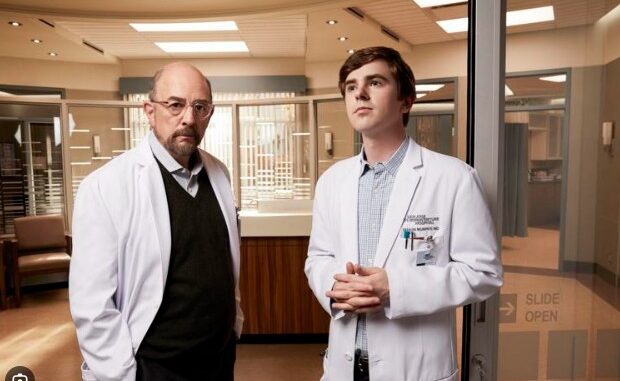
Freddie Highmore, the British actor who first captured hearts as a child star in films like “Finding Neverland” and “Charlie and the Chocolate Factory,” has evolved into one of television’s most nuanced performers. Through his portrayal of complex characters in series like “Bates Motel” and “The Good Doctor,” Highmore has not only showcased his remarkable acting range but has also gained profound insights into human relationships and emotional intelligence.
In “Bates Motel,” Highmore stepped into the challenging role of Norman Bates, a character whose psychological struggles and complicated family dynamics required deep emotional exploration. By inhabiting this troubled character for five seasons, Highmore developed a more sophisticated understanding of how childhood trauma shapes adult relationships and the delicate balance between dependency and independence. The show’s exploration of the mother-son relationship between Norman and Norma Bates (played brilliantly by Vera Farmiga) offered Highmore a master class in portraying emotional complexity and interdependence.
Following this dark psychological journey, Highmore’s transition to Dr. Shaun Murphy in “The Good Doctor” presented an entirely different lens through which to understand human connection. Playing a surgeon with autism and savant syndrome forced Highmore to examine social interactions from a fresh perspective. The character’s literal interpretation of language, difficulty reading social cues, and unique approach to empathy pushed Highmore to deconstruct and rebuild his understanding of how people form meaningful connections.
“Working on ‘The Good Doctor’ has been incredibly enlightening,” Highmore once remarked in an interview. “Portraying Shaun has taught me that communication and connection happen on multiple levels, and sometimes the most authentic relationships form when we move beyond conventional social scripts.”
The contrast between these two defining roles provided Highmore with a comprehensive education in the spectrum of human relationships. Norman Bates represented emotional entanglement taken to pathological extremes, while Shaun Murphy embodied the challenges and rewards of forging connections despite neurological differences. Through both characters, Highmore has experienced how vulnerability, when expressed authentically, forms the foundation for genuine human connection.
Beyond the screen, these roles have reportedly influenced Highmore’s personal approach to relationships as well. Known for being intensely private about his personal life, colleagues have noted that Highmore brings exceptional emotional intelligence and empathy to his professional relationships. His experience portraying characters who struggle with connection in different ways has seemingly enhanced his ability to listen deeply and respond with genuine understanding.
The evolution of Highmore’s career also reflects a journey from portraying innocence in his childhood roles to exploring much darker psychological territory, before arriving at a character who embodies both vulnerability and strength. This progression mirrors the natural development of emotional maturity—moving from simplicity through complexity toward a more integrated understanding of human nature.
What makes Highmore’s journey particularly compelling is his commitment to characters who exist outside conventional social norms. By repeatedly stepping into the shoes of individuals who perceive the world differently, he has expanded his own capacity for empathy and connection. His work reminds viewers that understanding others often requires us to suspend our own perspectives and assumptions—a lesson as valuable off-screen as it is on.
As Highmore continues his television journey, each role builds upon this foundation of emotional insight. His performances invite viewers to consider their own approaches to relationships, challenging us to recognize that connection often flourishes most powerfully when we embrace differences rather than seeking sameness. Through the characters he portrays, Highmore demonstrates that empathy—the ability to understand and share the feelings of another—is perhaps the most crucial skill in building meaningful relationships.
In an entertainment landscape often focused on superficial connections, Highmore’s work stands as a testament to the power of deep emotional understanding. His television experiences have taught him—and by extension, his audience—that true connection requires vulnerability, patience, and the courage to see the world through others’ eyes. These lessons, gleaned from years of inhabiting complex characters, represent the kind of education that transcends traditional learning, shaping not just a career but a more compassionate approach to human interaction.
